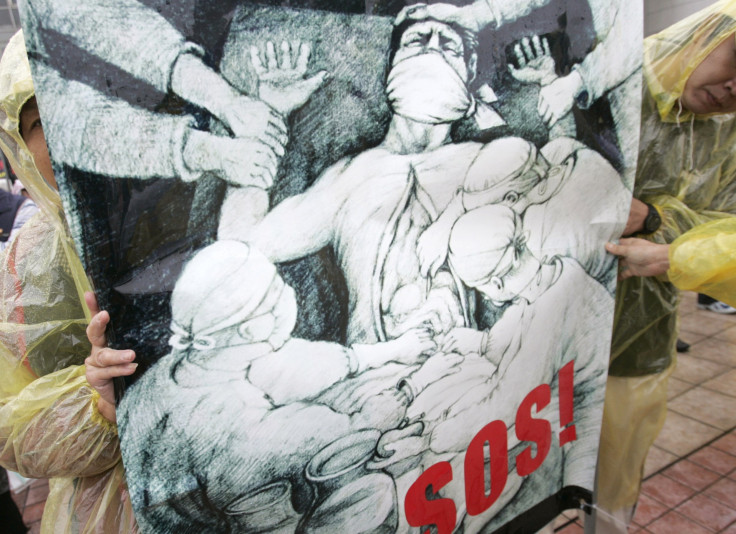China To Stop Transplanting Organs From Executed Prisoners From 2015

China said Thursday that it will stop transplanting organs harvested from executed prisoners, beginning next year. The country, which has one of the world's lowest organ donation rates that stem from long-held beliefs discouraging organ donation, has long been criticized by international human rights groups for the practice.
The new ban will take effect on Jan. 1 and comes in response to concerns that standard safeguards are ignored when organs are obtained from prisoners, many of whom may have been coerced to donate, The Associated Press (AP) reported, adding that it was not clear how the country would compensate for a shortfall in organs in the future.
However, a South China Morning Post (SCMP) report cited Huang Jiefu, a director of the China Organ Donation and Transplant Committee and a former deputy director of the health ministry, as saying that all organs to be used in future transplants would come from donors. China has a donation rate of 0.6 out of every one million citizens. By comparison, Spain has a much higher rate of organ donors -- 37 donors for every one million citizens, according to Huang.
“What we can’t deny is that there are two reasons behind the slow development of organ donation in China,” Huang was quoted as saying by SCMP. “Besides the lack of enthusiasm … due to the traditional mindset, people have concerns about whether the organs will be allocated in a fair, open and just way.”
Huang, an Australia-trained transplant surgeon, said that about 10,000 organ transplants are performed in mainland China each year, and about 300,000 patients are waiting to be operated on. He also added that the country has only 169 hospitals that are qualified to perform organ transplants.
The shortage of organs has reportedly fueled illegal trafficking, and in 2007, the government banned transplants from living donors, except from spouses, blood relatives and step- or adopted family members. Amid the shortage, China is estimated to have sourced organs for about 64 percent of all transplants from executed prisoners by the end of 2012.
“Only 1,448 people donated from 2010 to 2013, but that number [from January this year until now] has risen to 1,500. I believe the situation will get better and better,” Huang said, according to SCMP.
© Copyright IBTimes 2024. All rights reserved.












